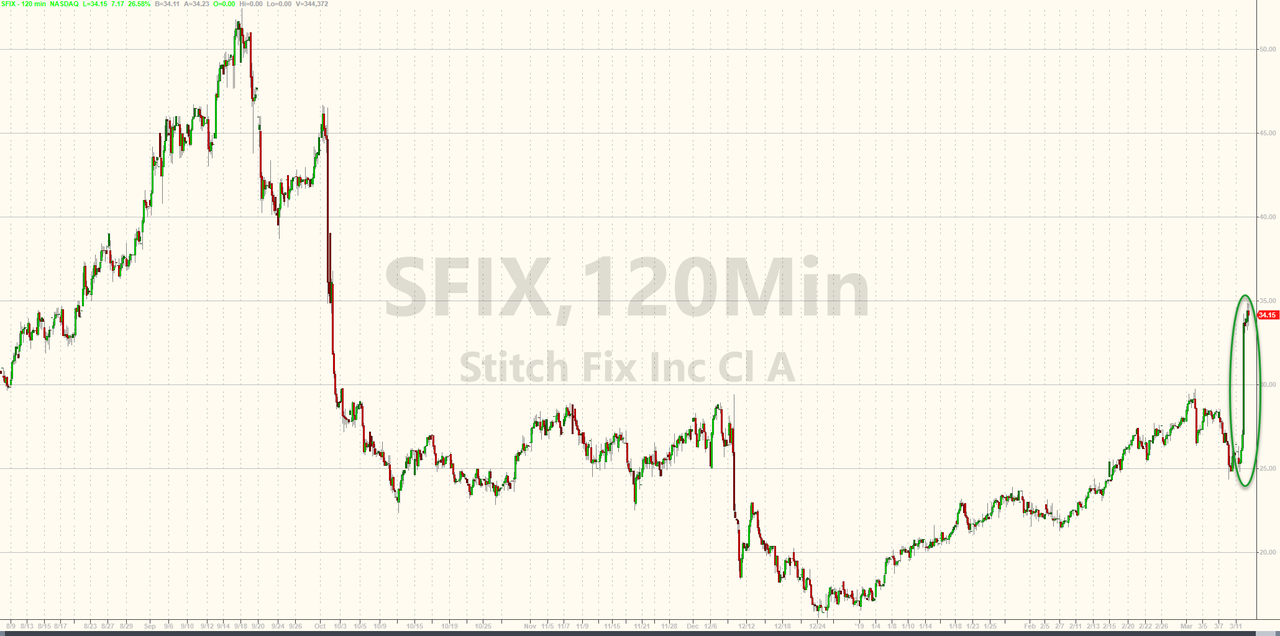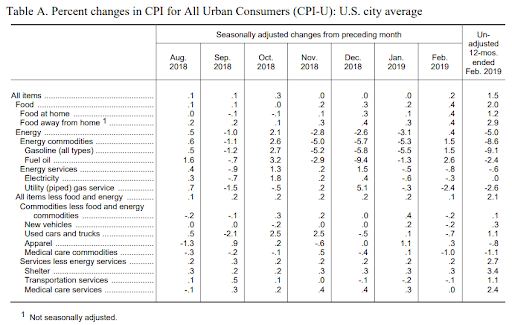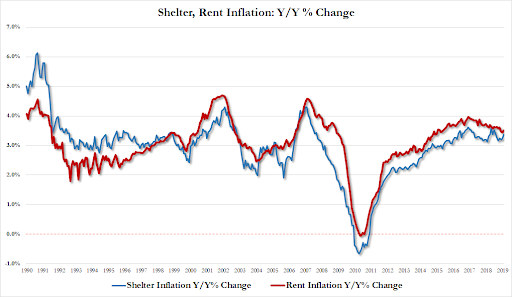Authored by Simon Black via SovereignMan.com,
Here’s when you know that you’ve made it into popular culture…
It’s when you get credit for a great quote, but no one really knows who said it first.
If there’s any doubt, people’s go-to list is usually either Albert Einstein, Mark Twain or the former New York Yankees catcher, Yogi Berra.
For example, there’s the quote, “predictions are hard, especially about the future,” which is often attributed to Berra. And “compound interest is the eighth wonder of the world,” attributed to Einstein. For Twain, pick a random quote, and people may give him the credit.
Another guy who has the investing world quoting him – but hasn’t yet made it into popular culture – is legendary investor Rick Rule. Rick is the President and CEO of Sprott US Holdings and an expert natural resource analyst…
But Rick’s knowledge goes well beyond just natural resources.
Regarding economic cycles, Rick has famous, often-repeated quips like, “Bear markets are the author of bull markets, and bull markets are the author of bear markets.” In his 40 years as an analyst, Rick has lived through the highly cyclical commodities markets.
Low prices in a sector cause lots of producers to shut their doors. Eventually supply of that commodity starts to drop and prices level off. Then, when demand eventually returns, there isn’t enough supply or companies producing to the commodity to meet demand. Prices soar. And the cycle starts all over again…
We spoke with Rick in December of last year for our premium publication, Sovereign Man: Confidential. He was one of the people on our all-star panel that we asked for their thoughts and big predictions for 2019.
So, with one quarter in 2019 nearly gone, I thought we could check-in on Rick’s 2019 look-ahead on gold so far…
Notes readers know we’re bullish on gold.
We haven’t had a major gold discovery in the past 15 years (and miners have cut their exploration budgets to 11-year lows to survive tough times).
And after a grinding, eight-year bear market, the gold price is starting to tick up.
Remember, bull markets always follow bear markets. Gold is about to get more expensive. Rick agrees…
In December, he suspected that a gold market had started or was about to begin.
Besides nearly a decade of low gold prices, America’s increasing debt will also drive prices higher.
“We need to ponder the fact that our communal debt, federal, state, and local, both on balance sheet and also off-balance sheet by way of entitlements, is estimated by the Congressional Budget Office to be nudging $200 trillion.”
Meanwhile, “household net worth across the United States, assets minus liabilities, not including our communal liability… is about $100 trillion.”
Simply put, the US has stacked up its liabilities, without the assets to back them up.
With this much outstanding debt, the US will have to either turn on the printing presses full-blast and devalue the US dollar, which would dramatically increase the gold price.
Or, the US could risk a default, which would have investors scrambling away from the dollar, and again, would increase the price of gold.
This growing debt bomb is actually becoming relevant in 2019.
Buyers of US government debt, like China, are getting the picture and decreasing their exposure to US liabilities. And the Federal Reserve isn’t buying as much debt as it did in the last decade.
Rick sums it up, saying “Our ability to continue business as usual is beginning to be constrained by arithmetic.” Just last week, Treasury Secretary Mnuchin suspended investments in two federal retirement funds to prevent exceeding the debt ceiling.
For all these reasons, Rick’s investment solution for 2019 is to return to fundamentals.
“I think 2019 will be probably an excellent year to establish positions in investments that one is attracted to on a fundamental, rather than a momentum, basis.”
There’s nothing more fundamental than gold. It’s been a proven store of value for over 5,000 years. It’s protected people’s wealth during times of runaway inflation, wars and massive government debt.
And today, gold is one of the few asset classes that’s not been bid up to near historic highs. If the world begins to lose faith in the US dollar – as Rick thinks is possible – then we’re in the beginning stages of what could be a historic bull run.
Gold has plenty of room to run from here.
I encourage you to diversify at least a portion of your wealth into precious metals.
And to continue learning how to safely grow your wealth, I encourage you to download our free Perfect Plan B Guide.
via ZeroHedge News https://ift.tt/2T0zNRr Tyler Durden







 Social media platforms continue to struggle with the unenviable balancing act that pits free expression against content moderation. The European Union may soon make this endeavor all the more fraught with its proposal to deputize service providers as censors of terrorist content.
Social media platforms continue to struggle with the unenviable balancing act that pits free expression against content moderation. The European Union may soon make this endeavor all the more fraught with its proposal to deputize service providers as censors of terrorist content.

 In January, The New York Times reported that free speech had suffered a setback when Netflix restricted access to an episode of a comedy act at the request of the government of Saudi Arabia. The episode of Hasan Minhaj’s Patriot Act, which included impolitic remarks about the Saudi crown prince, remains available to Netflix subscribers elsewhere.
In January, The New York Times reported that free speech had suffered a setback when Netflix restricted access to an episode of a comedy act at the request of the government of Saudi Arabia. The episode of Hasan Minhaj’s Patriot Act, which included impolitic remarks about the Saudi crown prince, remains available to Netflix subscribers elsewhere.